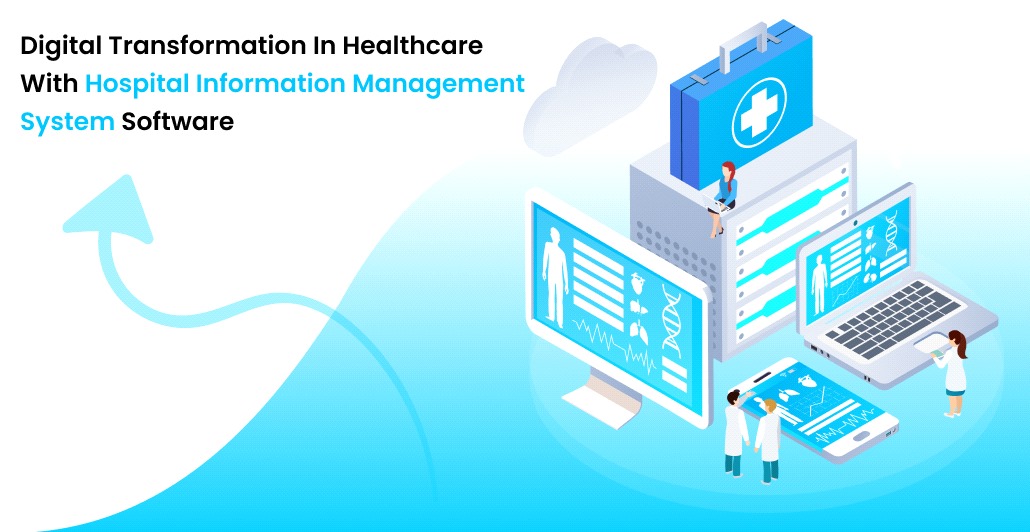Will enrolling in a Debt Management Program cost more than managing my debts on my own?

Strong 8k brings an ultra-HD IPTV experience to your living room and your pocket.
Enrolling in a Debt Management Program (DMP) involves working with a credit counseling agency to help manage and repay your debts. Whether this route will cost more than managing debts on your own depends on several factors, including the fees associated with the program, potential savings from lower interest rates, and the effectiveness of self-management strategies.
Understanding Debt Management Programs
A DMP is designed to help individuals pay off unsecured debts, such as credit card balances, personal loans, and medical bills, by consolidating payments and negotiating with creditors for lower interest rates or waived fees. The process typically involves:
1. Assessment: A credit counselor reviews your financial situation and helps create a budget.
2. Negotiation: The agency negotiates with creditors to reduce interest rates or eliminate fees.
3. Consolidation: All eligible debts are combined into a single monthly payment to the credit counseling agency, which then distributes payments to creditors.
Costs Associated with Debt Management Programs
Enrolling in a DMP generally involves some costs, which can include:
1. Setup Fees: Initial fees for enrolling in the program, which can range from $30 to $75.
2. Monthly Fees: Ongoing service fees, typically between $20 and $50 per month, depending on the agency and your debt amount.
3. Administrative Fees: Some programs might include additional administrative or processing fees.
Potential Savings Through a DMP
While there are costs associated with a DMP, the program can also provide significant savings through:
1. Lower Interest Rates: Credit counselors often negotiate reduced interest rates with creditors, which can save you money over the life of the debt.
2. Waived Fees: Late fees and over-limit fees might be waived, reducing the total amount owed.
3. Structured Payments: A single, manageable monthly payment can help you avoid missed payments and additional late fees, protecting your credit score.
Costs of Managing Debts on Your Own
Managing debts independently involves creating and adhering to a personal debt repayment plan. Costs in this scenario can include:
1. High Interest Rates: Without the benefit of negotiated lower rates, you may end up paying more in interest over time.
2. Fees: Continued accumulation of late fees and penalties if you struggle to make timely payments.
3. Time and Effort: Managing multiple debts requires time and discipline, including contacting creditors, tracking payments, and adjusting budgets as needed.
Comparing the Two Approaches
To determine whether a DMP will cost more than managing debts on your own, consider the following factors:
1. Interest Rate Savings: Calculate the potential interest savings from a DMP compared to your current rates. For instance, if your average credit card interest rate is 20% and a DMP can reduce it to 8%, the savings could be substantial.
2. Fee Comparison: Compare the monthly fees of a DMP with the potential late fees and additional interest charges you might incur if managing debts independently.
3. Time Frame: A DMP typically aims to eliminate debt within 3 to 5 years. Compare this to how long it might take you to repay your debts on your own without reduced interest rates.
4. Discipline and Support: Consider your ability to stay disciplined with a self-managed plan versus the structured support of a DMP. If you are confident in your ability to manage payments, you might save on program fees, but if you struggle, the additional support might be worth the cost.
Case Study: Example Calculation
Imagine you have $15,000 in credit card debt with an average interest rate of 20%. Without a DMP, if you pay $400 per month, it will take you about 62 months to pay off the debt, costing around $12,800 in interest.
If you enroll in a DMP and the interest rate is reduced to 8%, with a setup fee of $50 and a monthly fee of $30, paying $400 per month:
1. Interest Savings: The reduced interest will save you approximately $8,700 over the life of the debt.
2. Fees: Total fees over 5 years would be $1,850 ($50 setup + $30*60 months).
Even with fees, the net savings in this scenario would be around $6,850.
Potential Downsides of a DMP
1. Credit Impact: Enrolling in a DMP might initially impact your credit score as accounts are closed or payments are adjusted.
2. Commitment: DMPs require a long-term commitment and discipline to follow through with the plan.
3. Not All Debts Covered: Secured debts like mortgages and car loans are not included in DMPs.
Conclusion
Whether enrolling in a Debt Management Program costs more than managing your debts on your own depends on your specific financial situation, including your ability to negotiate with creditors, manage payments, and maintain discipline. For many, the structured support, negotiated lower interest rates, and potential for waived fees can make a DMP a cost-effective solution despite the associated fees. However, for those who are financially savvy and disciplined, managing debts independently might be more cost-effective.
Ultimately, it is crucial to carefully assess your financial situation, compare potential savings, and consider the support and discipline a DMP can provide before making a decision. Consulting with a reputable credit counseling agency can also provide personalized advice tailored to your circumstances.
Note: IndiBlogHub features both user-submitted and editorial content. We do not verify third-party contributions. Read our Disclaimer and Privacy Policyfor details.







